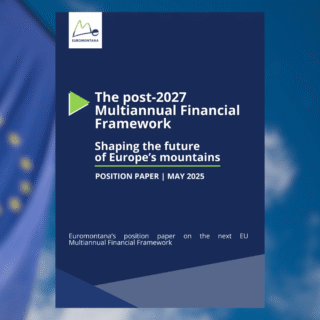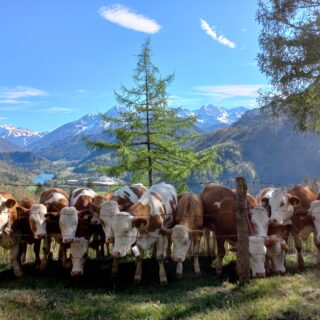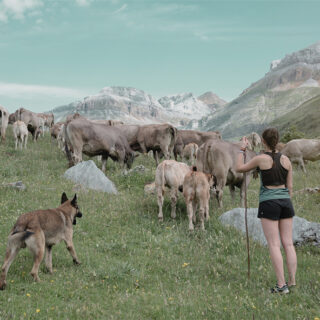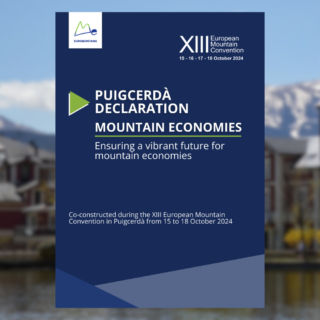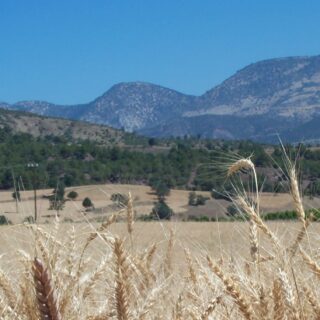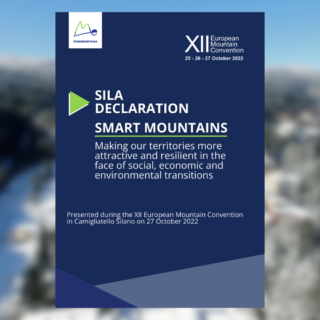The European Commission is preparing its proposal for the post-2027 MFF. Euromontana stresses the importance of an ambitious budget for the Common Agricultural Policy and cohesion policy.
Common Agriculture Policy
Market valuation and compensation of ecosystem services provided by Upper Austrian livestock farmers
With a view to better remunerating mountain farmers, the project has helped to quantify the ecosystem services provided by mountain livestock farmers in Upper Austria and the associated provision costs but also to identify interesting solutions for remunerating these services.
Joint open letter on the future EU’s Multiannual Financial Framework
Together with 27 other EU agrifood organisations, we have sent a joint letter to European Commission President Ursula von der Leyen and & Commissioner Piotr Serafin to express our concern on the next MFF.
Euromontana will bring the voice of the mountains to the new European Board on Agriculture and Food
Euromontana has been selected together with 30 other European organisations to form the new European Board on Agriculture and Food (EBAF). We will be represented by Mario Grillo, 1st Vice-President of Euromontana, and will share the messages and demands of Europe’s mountains for better recognition and support of mountain farming!
Open letter to Commissioner Christophe Hansen
At a time when farming in our regions is threatened more than ever by a lack of viability and generational renewal, Euromontana calls on Mr Hansen to propose concrete measures to support mountain farmers in the forthcoming vision.
Ensuring a vibrant future for mountain economies
More than 200 mountain stakeholders from all over Europe gathered around the theme of the future of economies and, in thematic workshops, co-constructed the Puigcerdà Declaration "Mountain economies: Ensuring a vibrant future for mountain economies".
A new CAP
A new CAP raises awareness of the opportunities offered by the new Common Agriculture Policy and how it contributes to structuring supply chains in mountain areas.
PEGASUS
PEGASUS aims to stimulate a long-lasting improvement in the provision of public goods and ecosystem services from agricultural and forest land in the European Union.
Smart mountains: making our territories more attractive and resilient in the face of social, economic and environmental transitions
The XII European Mountain Convention concluded with the adoption of the Sila Declaration, which sets out Euromontana's approach and vision of smart mountain areas towards 2050
Latest news
- Rethinking rural prosperity: Euromontana contributes to new ESPON publication on “Thriving beyond numbers”
- Euromontana supports a new European manifesto for the governance of glaciers and connected resources
- The Autonomous Province of Trento joins Euromontana !
- New 2013–2023 study highlights the twin challenges of generational renewal and climate change in the Alps
- Third Forum with European pastoral schools: Shepherding Futures
